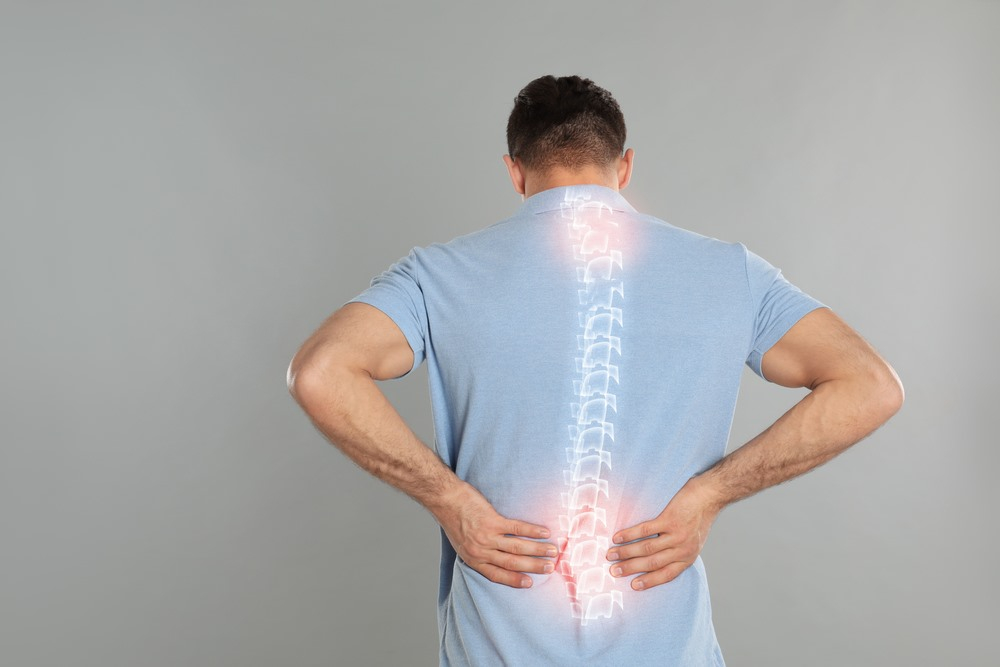Kidney Stones: Symptoms & Treatment

Definition of Kidney Stones
Kidney stones, medically termed as nephrolithiasis or renal calculi, are hard deposits formed in the kidneys. The sizes of these stones can range widely, starting from tiny particles akin to grains of sand and extending to larger ones comparable in size to golf balls. Comprising minerals and salts, kidney stones can obstruct the urinary tract, causing severe pain and discomfort.
Symptoms of Kidney Stones
Recognizing the symptoms of kidney stones is crucial for timely intervention. Common signs include:
- Intense pain in the back, side, abdomen, or groin
- Painful urination
- Blood in urine
- Frequent urination
- Nausea and vomiting
- Fever accompanied by chills often indicates the presence of an infection.
If you experience any of these symptoms, it's imperative to seek medical attention promptly.
Causes of Kidney Stones
Kidney stones develop when urine contains higher concentrations of crystal-forming substances like calcium, oxalate, and uric acid than can be diluted by the urine fluid. Several factors contribute to their formation, including:
- Dehydration
- High levels of certain substances in urine
- Family or personal history of kidney stones
- Certain medical conditions such as obesity, digestive diseases, and metabolic disorders
- Unhealthy diet high in sodium, sugar, or protein
Understanding the underlying causes can help individuals adopt preventive measures.
Risk Factors for Kidney Stones
Several risk factors increase the likelihood of developing kidney stones:
- Dehydration
- High intake of sodium or protein
- Obesity
- Digestive diseases such as inflammatory bowel disease
- Family or personal history of kidney stones
- Certain medical conditions like hyperparathyroidism or gout
Identifying these risk factors can aid in implementing preventive strategies.
Diagnosis of Kidney Stones
Diagnosing kidney stones typically involves a combination of medical history review, physical examination, and diagnostic tests such as:
- Imaging tests like CT scans, X-rays, or ultrasounds to visualize the stones
- Urine tests to analyze for blood, minerals, and other substances
- Blood tests are utilized to evaluate kidney function and detect potential underlying conditions.
Prompt and accurate diagnosis is essential for determining the appropriate treatment approach.
Treatment Options for Kidney Stones
Treatment for kidney stones depends on factors such as the size, type, and location of the stones, as well as the severity of symptoms. Common treatment options include:
- Pain medication to alleviate discomfort
- Increasing your fluid intake assists in the removal of the stones from the body.
- Medications to relax the ureter muscles and facilitate stone passage
- Extracorporeal shock wave lithotripsy (ESWL) to break the stones into smaller pieces
- Surgical procedures such as ureteroscopy or percutaneous nephrolithotomy for larger stones
The choice of treatment is tailored to each individual's specific condition and needs.
Prevention of Kidney Stones
Preventing kidney stone recurrence requires making lifestyle adjustments and dietary changes:
- Make sure to maintain proper hydration by drinking enough water each day.
- Limit consumption of foods high in oxalate, sodium, and animal protein
- Increase intake of foods rich in citric acid, such as lemons and oranges
- Keep your weight in check by staying active with regular exercise and maintaining a balanced diet.
- Monitor and manage underlying medical conditions that contribute to stone formation
By implementing these preventive measures, individuals can reduce the risk of developing kidney stones in the future.
Conclusion
Kidney stones, though painful and disruptive, can be effectively managed and prevented with proper awareness and proactive measures. Understanding the symptoms, causes, and treatment options is crucial for prompt diagnosis and appropriate intervention. Book Kidney Stone checkup at Home. By adopting a healthy lifestyle, staying hydrated, and following medical advice, individuals can minimize the impact of kidney stones on their health and well-being.






